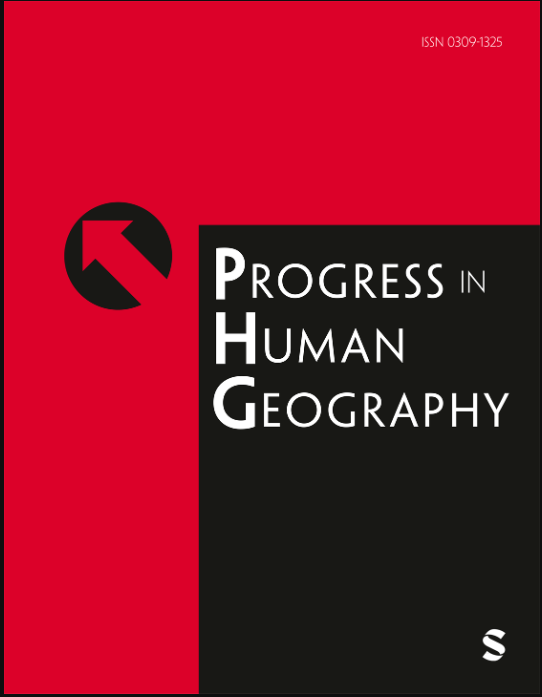区块链城市化:自由主义退出和技术政治失败的地理演变
IF 6.1
1区 社会学
Q1 GEOGRAPHY
引用次数: 0
摘要
自由意志主义的“退出”设想了新的社会、政治和经济结构,这些结构与现有的制度分离,在这些制度中,“主权个人”可以选择加入符合他们理想的治理体系。本文通过各种领域和技术项目来追溯自由意志主义的退出想象。为了展示这些想象是如何演变的,它描述了最近在内华达州建立一个半自治的、基于区块链的智能城市的提议。在反思这些项目时,本文强调了(1)它们在面对现实时不可避免的失败,(2)它们作为景观的作用,传播自由主义意识形态,以及(3)它们对不同地方和社区的现实影响,即使它们失败或从未实现。本文章由计算机程序翻译,如有差异,请以英文原文为准。
Blockchain urbanism: Evolving geographies of libertarian exit and technopolitical failure
Libertarian “exit” imaginaries project new social, political, and economic structures separate from existing institutions in which “sovereign individuals” can opt-in to the governing system that fits their ideals. This paper traces libertarian exit imaginaries through a variety of territorial and technological projects. Demonstrating how these imaginaries evolve, it describes a recent proposal to build a semi-autonomous, blockchain-based smart city in Nevada. Reflecting on these projects, the paper highlights (1) their inevitable failure as they confront reality, (2) their role as spectacle, spreading libertarian ideology, and (3) their real-life impacts on distinct places and communities even when they fail or never materialize.
求助全文
通过发布文献求助,成功后即可免费获取论文全文。
去求助
来源期刊

Progress in Human Geography
GEOGRAPHY-
CiteScore
16.40
自引率
7.00%
发文量
56
期刊介绍:
Progress in Human Geography is the peer-review journal of choice for those wanting to know about the state of the art in all areas of research in the field of human geography - philosophical, theoretical, thematic, methodological or empirical. Concerned primarily with critical reviews of current research, PiHG enables a space for debate about questions, concepts and findings of formative influence in human geography.
 求助内容:
求助内容: 应助结果提醒方式:
应助结果提醒方式:


